You have just been nominated to form part of the Permanent Commission Against Corruption. Unfortunately, allegations of corruption have been thrown at every Maltese government since the country achieved its independence in 1964, yet no politicians have ever been taken to court. Do we have a problem of institutionalised corruption in Malta?
I can only speak of my experience during my tenure as commissioner. I have never had any problems and I was never prevented from pursuing any criminal investigation. During my tenure, there were a record number of cases involving bribery, corruption, and other offences within that family of crime, such as the issues within the VAT Department and Transport Malta. We prosecuted Mayors from both major political parties, Minister's secretaries, Judges - even a case in which a former Chief Justice was involved.
I began investigating the oil scandal immediately after it was revealed by the press and we also pursued investigations against an EU Commissioner, with several high-profile individuals involved.
Honestly, when I hear statements like that, I do take it a bit personally, because I was never impeded. We even had a record for the most investigations concerning police officers. I would never let this sort of behaviour contaminate anyone else within the Police Force. I believe in the principle that the taxpayer pays a lot of money to maintain the Police Force, and entities such as the Permanent Commission, and it is their duty to investigate.
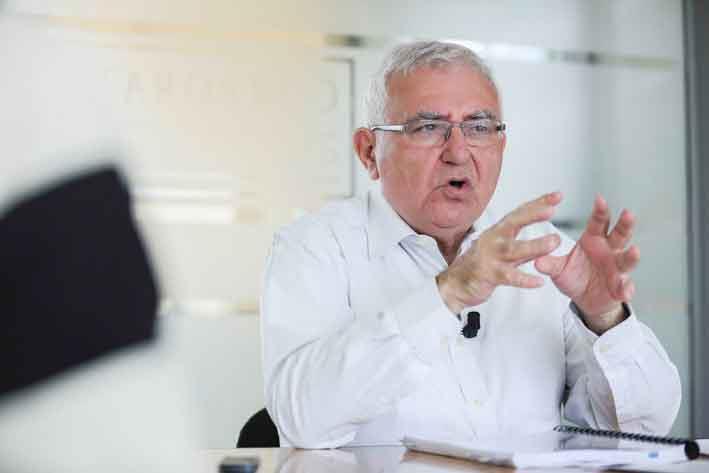
Regarding John Dalli, you told Magistrate Anthony Vella that you and the Attorney General had wanted to arraign former EU Commissioner John Dalli five years ago, and nothing has happened since. Do you still believe John Dalli should be arraigned?
Since 2013, nothing new has come out. In my humble opinion, there was enough evidence to arraign him. I was not alone in believing this, it is all public knowledge as I have said this to the courts and to the Public Accounts Committee. There was total agreement from the people involved in the investigation, such as ex-commissioner Michael Cassar, Joseph Cachia, who is now the Commandant of the Police Academy, the current Police Force CEO Angelo Gafa, the Attorney General, who is still Peter Grech and the Deputy AG Donatella Frendo Dimech, who is now a magistrate.
Yes, I believe we had enough evidence.
Your immediate successor did not pursue the case further. Do you think there was political interference?
I don't know, I was not there, and I cannot speak for my successors. Unfortunately, it does give rise to questions.

Are there any particular areas or cases you would like pursue when you join the Commission?
Not yet, I am a member to the chairman just to be clear. I still need to get to know my colleagues. I do know the chairman and I can say that he is serious, honest and intelligent. We still need to discuss policy and procedure. From my reading of the law, the Commission is able to investigate every act of suspected corruption and can ask for police assistance, but it does not have the power to prosecute.
The assassination of journalist Daphne Caruana Galizia shocked the world. Even though three men have been arrested, there is a feeling at large that justice will not be served, with the vast majority of people believing that whoever ordered her murder will remain at large. Why is there such a massive lack of faith in the police force?
I don't have the evidence of the case so I cannot talk about its specifics. What I can say is that the court of public opinion and the police are two completely different things. During my time there were many instances when the public had an opinion, but I knew the facts to be very different.
Unfortunately, the accused in this case refuse to speak, which makes it hard to find out the motive. They might not even know who ordered the murder. There are so many stages that there could be a maze of different people involved.
What we know up to now is that it appears there is no link between the three men and Daphne. I disagree entirely that the police are not doing their job or do not want to find out. If this is the case, and the public thinks this way, it can result in a very serious situation. I have worked with a lot of people involved in the case, and I can assure you that they are very capable and serious individuals.
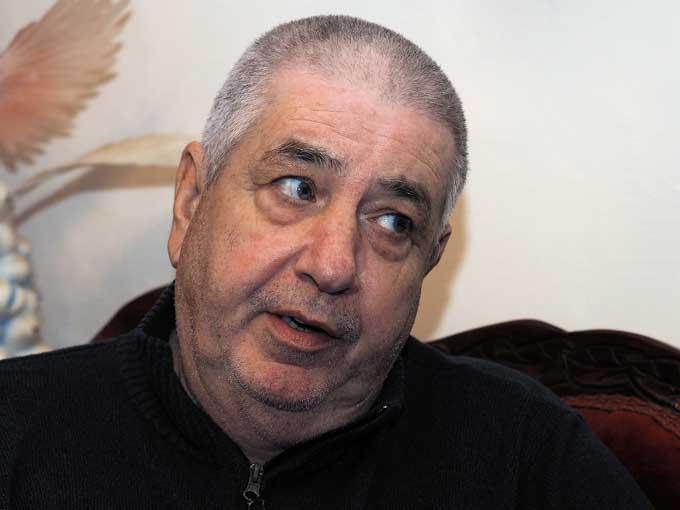
The fact remains that there have been seven bombings in two years, not to mention all the shootings and bombings that occurred under your tenure, and most of the cases remain unsolved. Does organised crime have a hold over the Maltese Police Force and the country?
If we're talking about organised crime - in terms of the highest scale of organised crime - then I believe it has not reached that state in Malta, in the sense that politicians and the authorities are involved. But it appears that there are groups of people who commit crimes together for an indefinite period.
Unfortunately, bombings have been taking place in Malta for a long time. I still remember one of the first ones in the 1960s. Sadly, the only thing that has changed is the modus operandi, which has become more sophisticated. There was a time when the perpetrators used a contact trigger, but now it appears that they are using electronic devices. It is very hard those responsible because the materials can be bought in Malta or you can even find them on the internet.
I think the method used can sometimes cloud our judgement. We need to stop looking at the modus operandi and look at the way serious crimes can be related. I don't have any intelligence on the case, and this is just my opinion, but there have been a lot of rumours concerning illegal trade. For example, a few years ago there were many shootings and all the individuals involved were of a similar conduct, pointing us to gang-related crime.
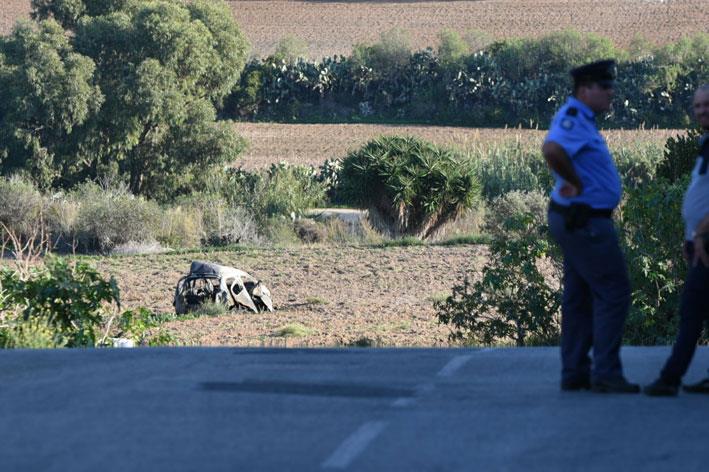
The influence of foreign experts in Caruana Galizia's case cannot be understated, especially considering that - after an endless line of unsolved cases - some perpetrators were actually arrested. Why were such foreign experts not called in before? And do you think it is at all unfair on the other victims?
That's subjective and I guess relatives of those victims will agree with that sentiment. In my time, we called in foreign experts when we conducted a review of cold cases, such as the Karin Grech case. It did help us make a lot of progress in terms of the experience of working with a team of superintendents from Scotland Yard, to see how they address a homicide investigation or any other serious crime.
We used to send people to study for six-month stretches with the FBI, which helped a lot, but it's important to know that technology is also vital in investigations. I remember when DNA was introduced, it was revolutionary. We need continuous development.
I feel that this current case has opened a lot of doors in terms of investigating; the use of phone records through orders against service providers was always difficult but we have seen the benefits it could have. I genuinely hope that this method is continually used, even with regard to cold cases.
I do believe that we should always use our full attention, resources and finances that are at the country's disposable when you have a serious crime, such as was evidenced in Daphne's murder.
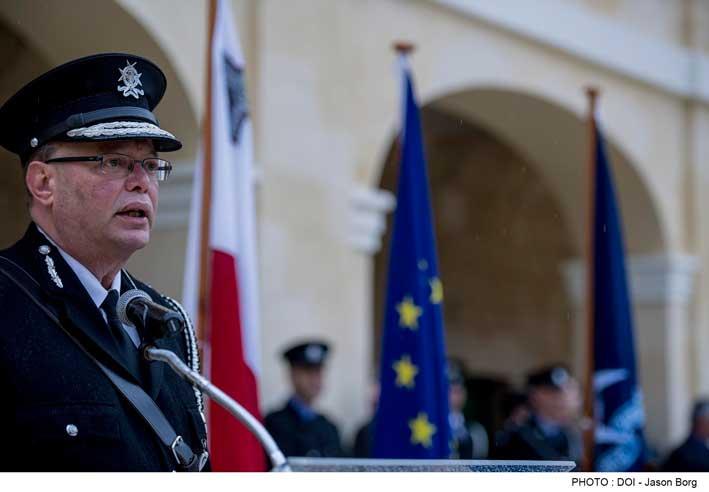
There has been a debate regarding the appointment of the Police Commissioner and the Attorney General. As someone who was appointed by a government, do you agree that there should be reform?
I do think it is important to have both sides of Parliament agree on such appointments. In my case, I was a bit lucky because I had support from both major parties even though I was nominated by a PN government. It made me feel comfortable to have their backing, and that's why I agree with it. Personally, I believe that a person heading a certain entity should have the backing of both parties.
Police officers with a bad conduct or criminal history are now eligible for recruitment, re-engagement or promotion. Do you agree with the policy?
I would say that they should never be inducted, let alone be reinstated. Not all jobs are the same, and a police officer needs to be serious, disciplined and most importantly have public trust. If one is lost, how can the public have faith in the police force?
In my time there was case when a police officer committed a minor offence, and I simply refused his reinstatement. I reasoned, and I still do, that the taxpayer pays a lot to maintain a police officer. How can people have trust in their police officers if there are concerns that they may have a criminal past? We used to not only check their conduct, but also pending cases, how they lived, even who they married. There are arguments from a constitutional perspective - these are just my personal opinions.
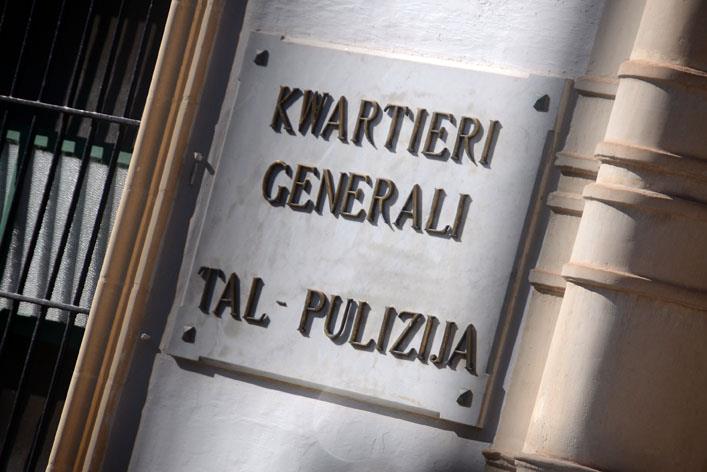
Maltese people seemingly break the law on a daily basis, be it on the roads, permits, dumping or illegal hunting: is there a lack of respect for the law and police in general or is the problem with enforcement?
There are regional issues in every country when it comes to discipline. Harsher fines will make a massive difference and I believe that the stricter point system that has been introduced will have a positive effect out of concern for losing your driving licence.
It is just as important that these things are properly enforced, and that is the key difference. There are plenty of law-abiding citizens, so it is important to clamp down on offenders. There is also an issue of discretion: a Police Officer cannot decide to let one person off and then issue a fine for another.
I think it would also be good if we began examining positive reinforcement a bit more. If a person does not get any tickets, should not he or she be rewarded a bit, maybe through a small reduction in road tax or insurance? I believe that positive initiatives would make a massive difference.